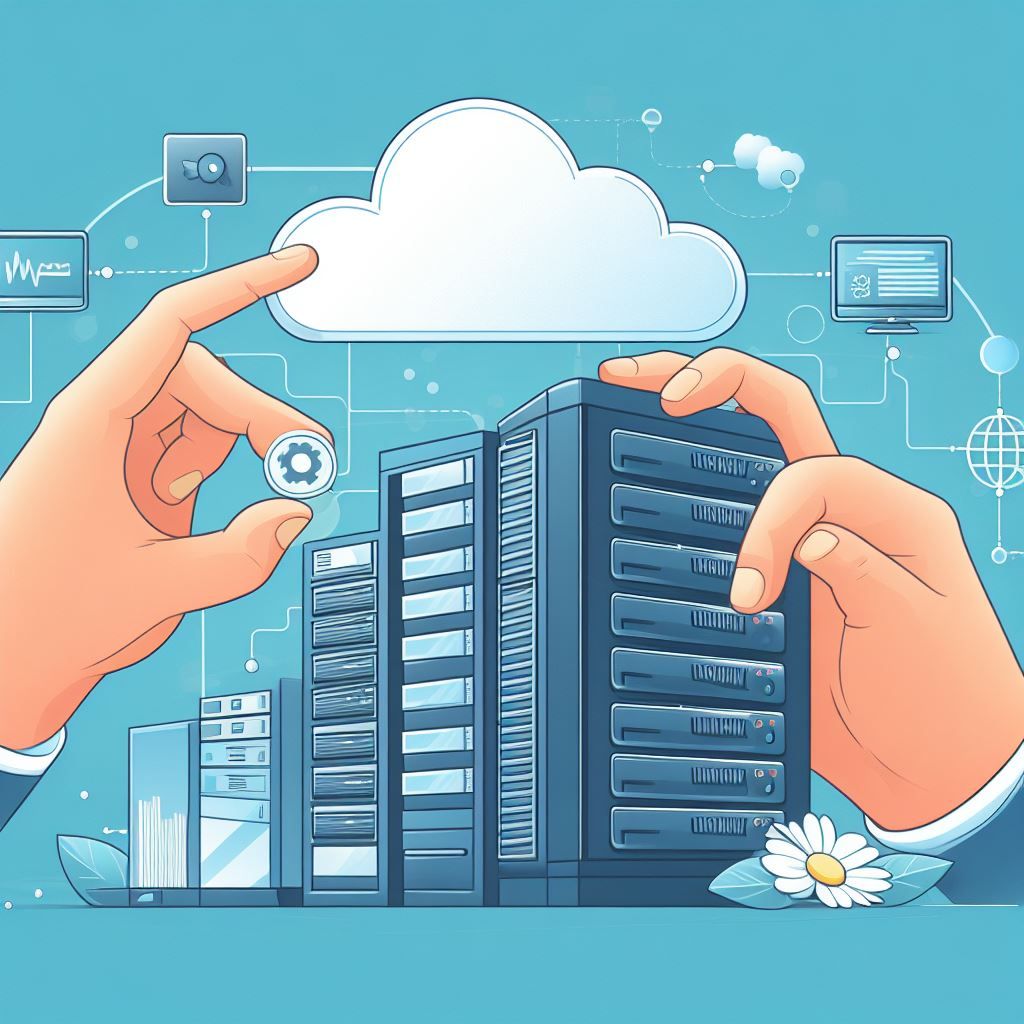The Importance of Headless CMS for Decoupled Content Management on Hosting

A Headless CMS (Content Management System) is a powerful tool that separates the content creation and storage from the presentation layer, allowing for greater flexibility and scalability in web development. When coupled with decoupled hosting, it can lead to several benefits:
- Flexibility in Presentation: Decoupling the content management from the presentation layer allows for a wide range of frontend technologies (such as React, Angular, or Vue.js) to be used without being constrained by the limitations of a traditional CMS.
- Improved Performance: Since the backend (content management) and frontend (presentation layer) are separate, they can be hosted and optimized independently. This can lead to improved performance as each part can be fine-tuned for its specific purpose.
- Scalability: A Headless CMS coupled with a decoupled hosting architecture allows for scalable solutions. The content management system can be optimized for handling a large volume of content, while the frontend can be scaled to meet high traffic demands.
- Security: With a decoupled setup, you can implement specialized security measures for both the content management system and the presentation layer. This can help protect against potential security vulnerabilities.
- Ease of Content Distribution: Since the content is stored separately from the presentation layer, it can be easily distributed to different platforms (web, mobile apps, IoT devices, etc.) using APIs. This is particularly beneficial for businesses with a multi-channel content distribution strategy.
- Content Reusability: Content created in a Headless CMS can be reused across different platforms and channels, ensuring consistency in messaging and branding.
- Future-Proofing: Decoupled content management allows for future technologies and platforms to be integrated more seamlessly. This makes it easier to adapt to new trends and technologies as they emerge.
- Reduced Development Time: Developers can work concurrently on the backend and frontend, allowing for faster development cycles. This is especially valuable in projects where time-to-market is critical.
- Content Editing Experience: Content editors can have a more tailored and user-friendly interface for creating and managing content. This can lead to increased efficiency in content creation and management workflows.
- Reduced Server Load: Decoupled hosting can distribute the server load between the content management system and the presentation layer, reducing the strain on a single server.
- Analytics and A/B Testing: With a decoupled setup, you have more control over how analytics and A/B testing are implemented, allowing for more accurate and detailed insights into user behavior.
In summary, the combination of a Headless CMS and a decoupled hosting architecture provides a powerful foundation for building flexible, scalable, and future-proof web applications. This approach can be particularly beneficial for businesses that require a dynamic and content-rich online presence across various platforms and channels.



